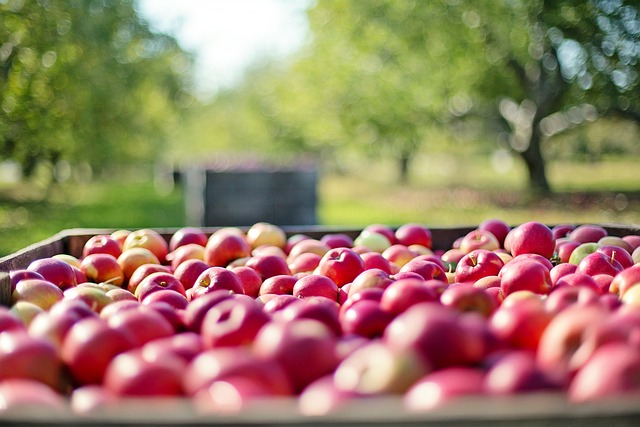Probiotics 101: A Beginner’s Guide to a Healthy Gut
Welcome to Probiotics 101, where we’ll delve into the wonderful world of probiotics and how they can benefit your gut health. Whether you’re completely new to the concept of probiotics or just curious to learn more, this beginner’s guide will give you all the information you need to know.
What are Probiotics?
In simple terms, probiotics are live bacteria and yeasts that are good for your health, particularly your digestive system. These microorganisms, often referred to as “good” or “friendly” bacteria, can be found in certain foods and supplements, and they help maintain a healthy balance in your gut.
The Importance of a Healthy Gut
Did you know that your gut is home to trillions of bacteria? While the word “bacteria” may sound alarming, not all bacteria are bad. In fact, having a diverse and well-balanced gut microbiota is essential for overall health and well-being. A healthy gut helps with proper digestion, nutrient absorption, and even plays a role in immune function.
However, factors like a poor diet, stress, antibiotics, and certain medical conditions can disrupt the balance of bacteria in your gut, leading to an imbalance known as dysbiosis. This is where probiotics come into the picture.
The Benefits of Probiotics
Probiotics offer a range of potential health benefits, particularly for your digestive system. Here are a few key advantages:
- Improved digestion: Probiotics can help break down food and promote better digestion.
- Enhanced nutrient absorption: They assist in absorbing key nutrients from your food.
- Boosted immune system: Probiotics support a healthy immune system, helping your body fight off infections and diseases.
- Reduced intestinal inflammation: They may help alleviate symptoms of certain digestive disorders, such as irritable bowel syndrome (IBS) and inflammatory bowel disease (IBD).
- Prevention of antibiotic-related side effects: Antibiotics can disrupt your gut flora, but taking probiotics alongside them can help minimize the side effects.
Food Sources of Probiotics
There are several food sources that naturally contain probiotics. Including these in your diet can be a delicious and effective way to boost your probiotic intake:
- Yogurt: Look for yogurts labeled with live and active cultures.
- Kefir: A fermented milk drink, similar to yogurt, that contains a variety of probiotic strains.
- Sauerkraut: Fermented cabbage that provides a good dose of probiotics.
- Kombucha: A fizzy, fermented tea that can introduce healthy bacteria to your gut.
- Miso: A traditional Japanese seasoning made from fermented soybeans, barley, or rice.
- Kimchi: A spicy and tangy Korean side dish made from fermented vegetables.
These are just a few examples, and the probiotic content may vary among different brands and fermentation processes. Remember to read labels and choose products that contain live cultures for maximum benefit.
Probiotic Supplements
If you’re unable to incorporate enough probiotic-rich foods into your diet, supplements can be a convenient alternative. There are various probiotic supplements available on the market, but it’s essential to choose a reputable brand that specifies the strains and guaranteed live colony-forming units (CFUs).
When selecting a supplement, keep in mind that different probiotic strains have different benefits. It’s advisable to consult with a healthcare professional who can recommend the most suitable strains and dosage for your specific needs.
Conclusion
Probiotics can be a valuable addition to your daily routine, supporting your gut health and overall well-being. By incorporating prob







